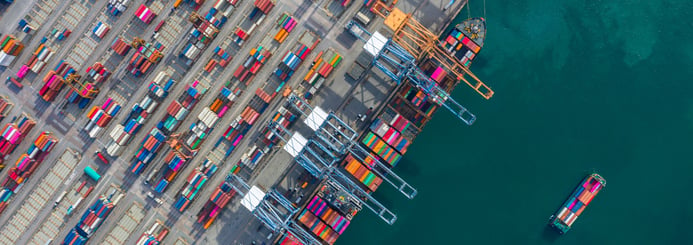%20and%20Countervailing%20Duties%20(CVD).jpg?width=868&name=Are%20My%20Imported%20Products%20Subject%20to%20Antidumping%20(AD)%20and%20Countervailing%20Duties%20(CVD).jpg)
As with most questions in the Trade Compliance space, the answer to this question can be nuanced and significantly impact an importer’s compliance risk, and the landed cost of the goods.
%20and%20Countervailing%20Duties%20(CVD).jpg?width=868&name=Are%20My%20Imported%20Products%20Subject%20to%20Antidumping%20(AD)%20and%20Countervailing%20Duties%20(CVD).jpg)
As with most questions in the Trade Compliance space, the answer to this question can be nuanced and significantly impact an importer’s compliance risk, and the landed cost of the goods.
Topics: Import Consulting, North America

Importers who use Foreign Trade Zone (FTZ) sites to store regulated hydrofluorocarbons (HFCs) may be interested to learn the EPA has clarified that HFCs will be treated the same whether the cargo is entering/exiting an FTZ or if a consumption entry is being filed.[1] The HFC Phasedown went into effect November 2021.
Topics: Export Consulting, Import Consulting
-1.jpg?width=691&name=AS_Compliance_1_jpg%20(1)-1.jpg)
It has been over two months since the start of the invasion by Russia into Ukraine on the 24th of February 2022. As the tensions began to build before the invasion, the Member States of the European Union and the United Kingdom had been threatening to impose sanctions on Russia in the event that they invade Ukraine. Both the European Union and the United Kingdom were quick to enforce the sanctions once military operations commenced.
Topics: Europe, Asia, Export Consulting, Import Consulting

This week we feature The Expeditors Podcast with host Chris Parker. The podcast shares observations, perspectives, and discussions on front-of-mind topics impacting the logistics and freight-forwarding industry through the lens of a global logistics provider.
Topics: Export Consulting, Import Consulting

Most of us have heard of the terms “sanctions” and “embargoes.” They are often used interchangeably, but they are quite different.
Trade sanctions target specific types of transactions, as in a prohibition to sell arms to a specific business, country, government, or regime. An embargo represents a complete prohibition of all trade activities between countries.
Topics: Export Consulting, Import Consulting